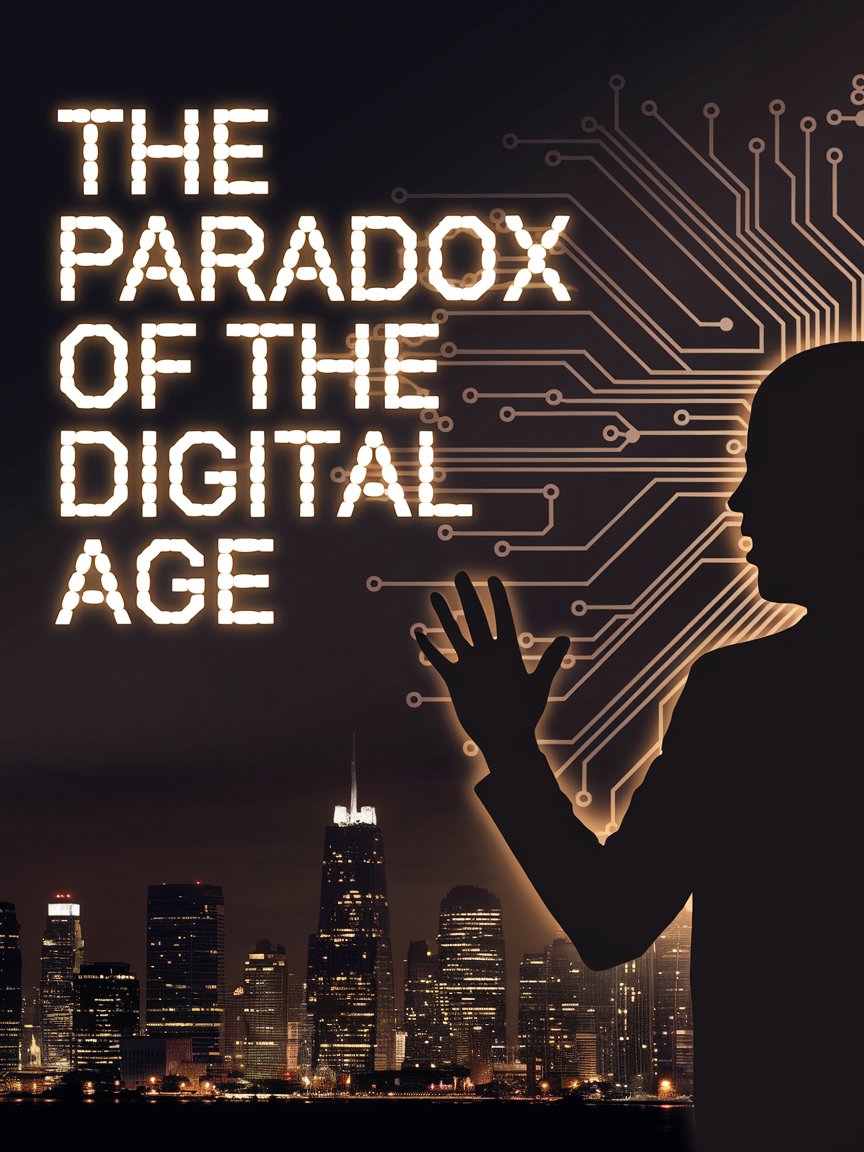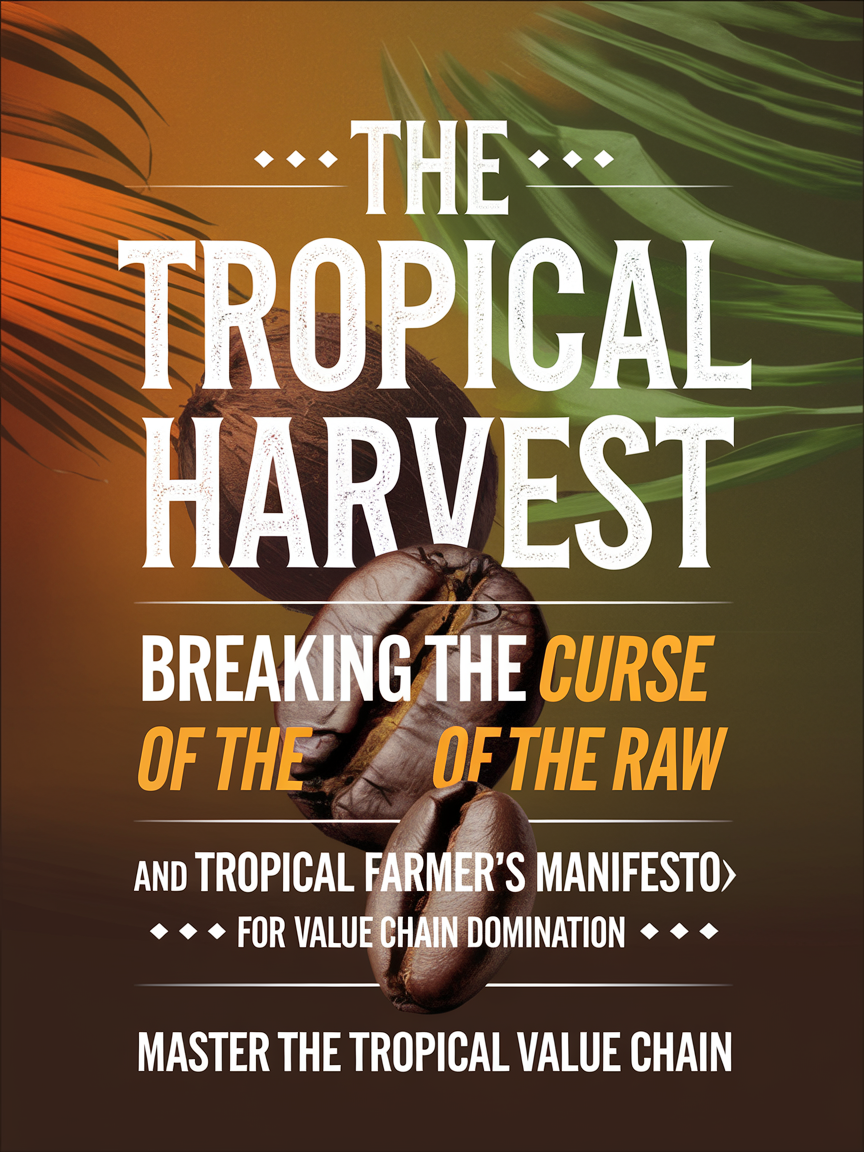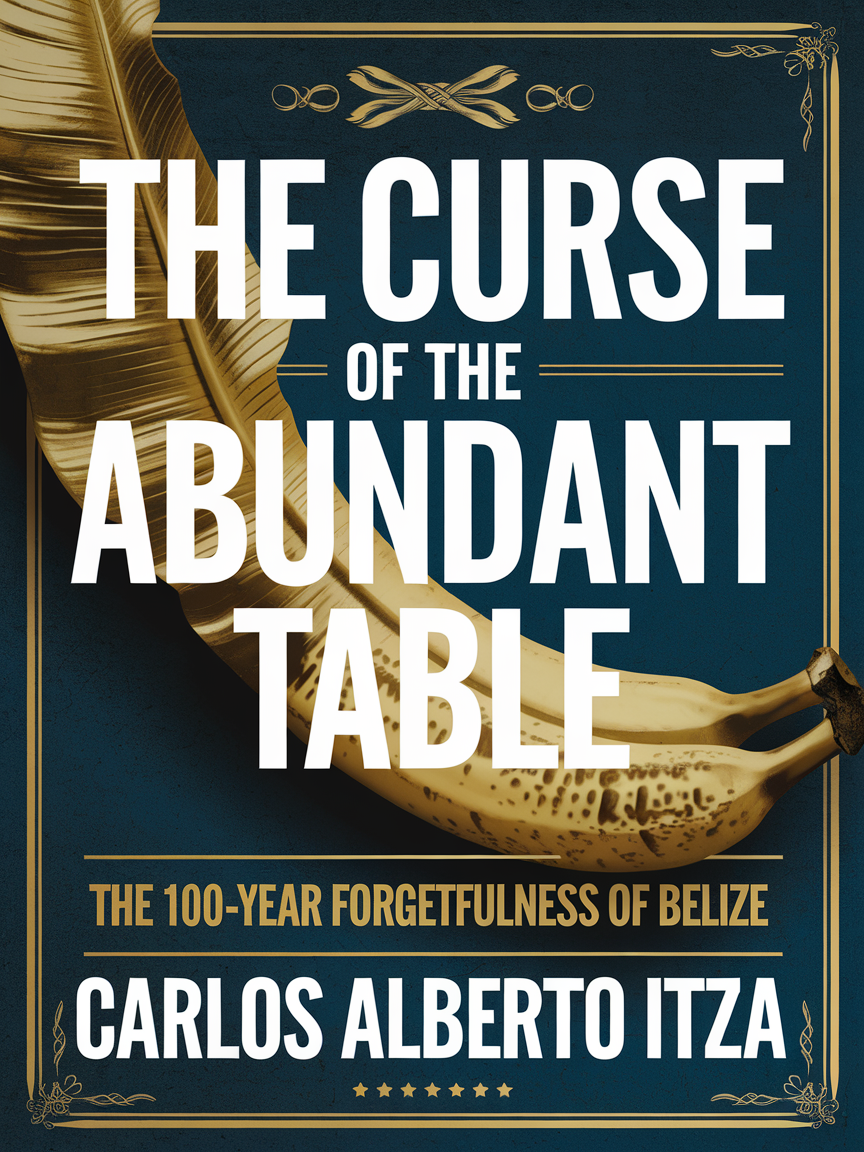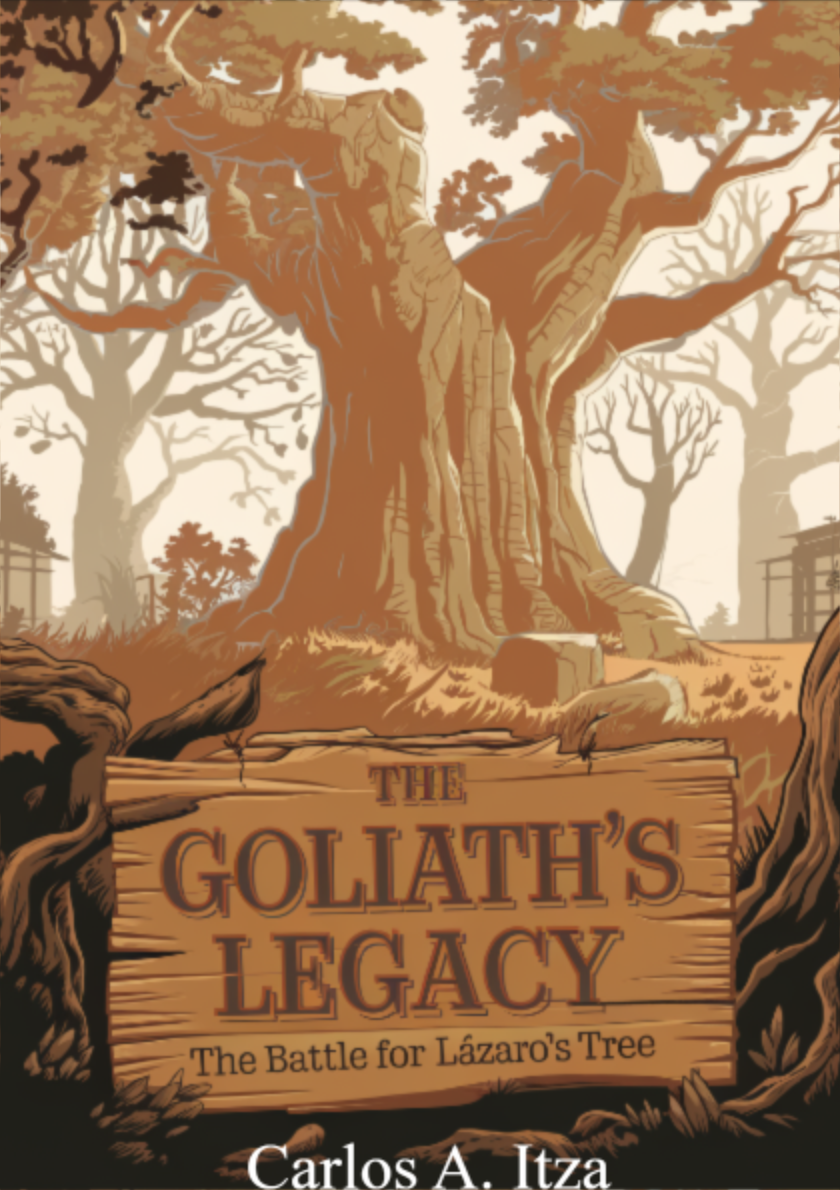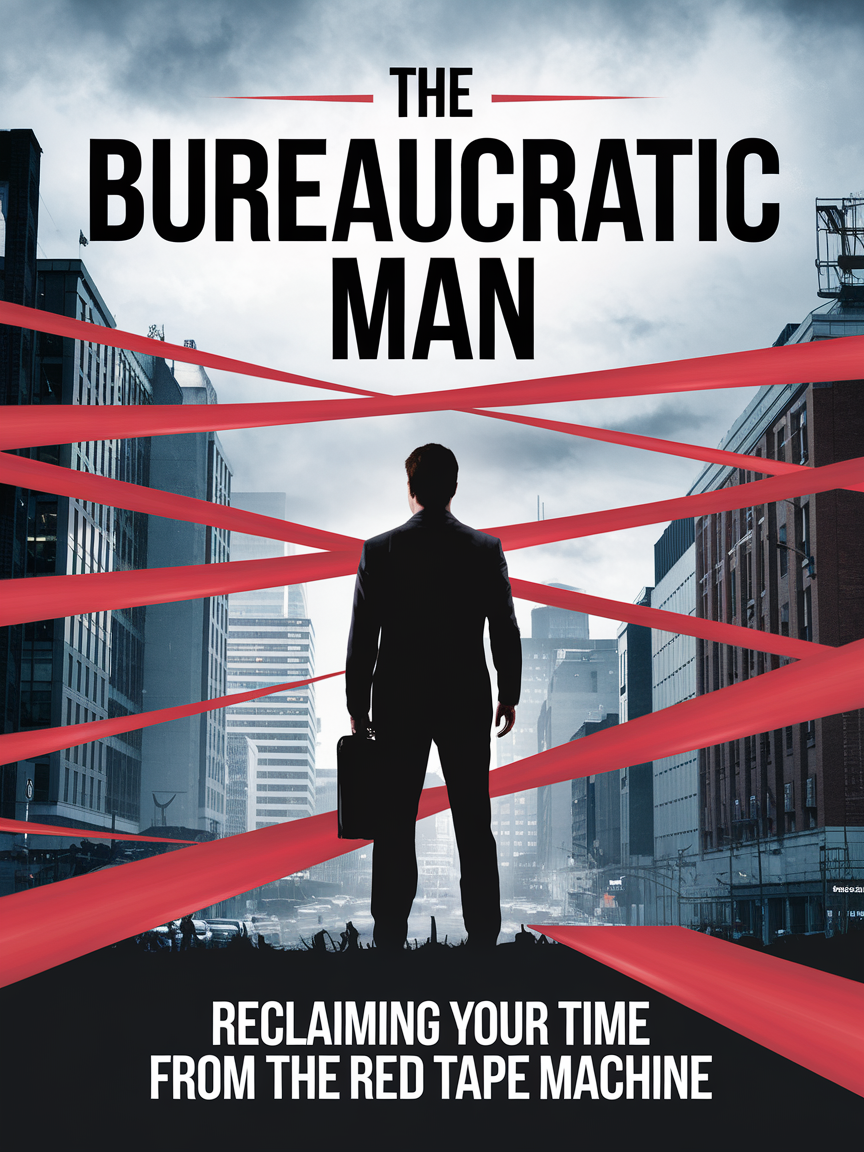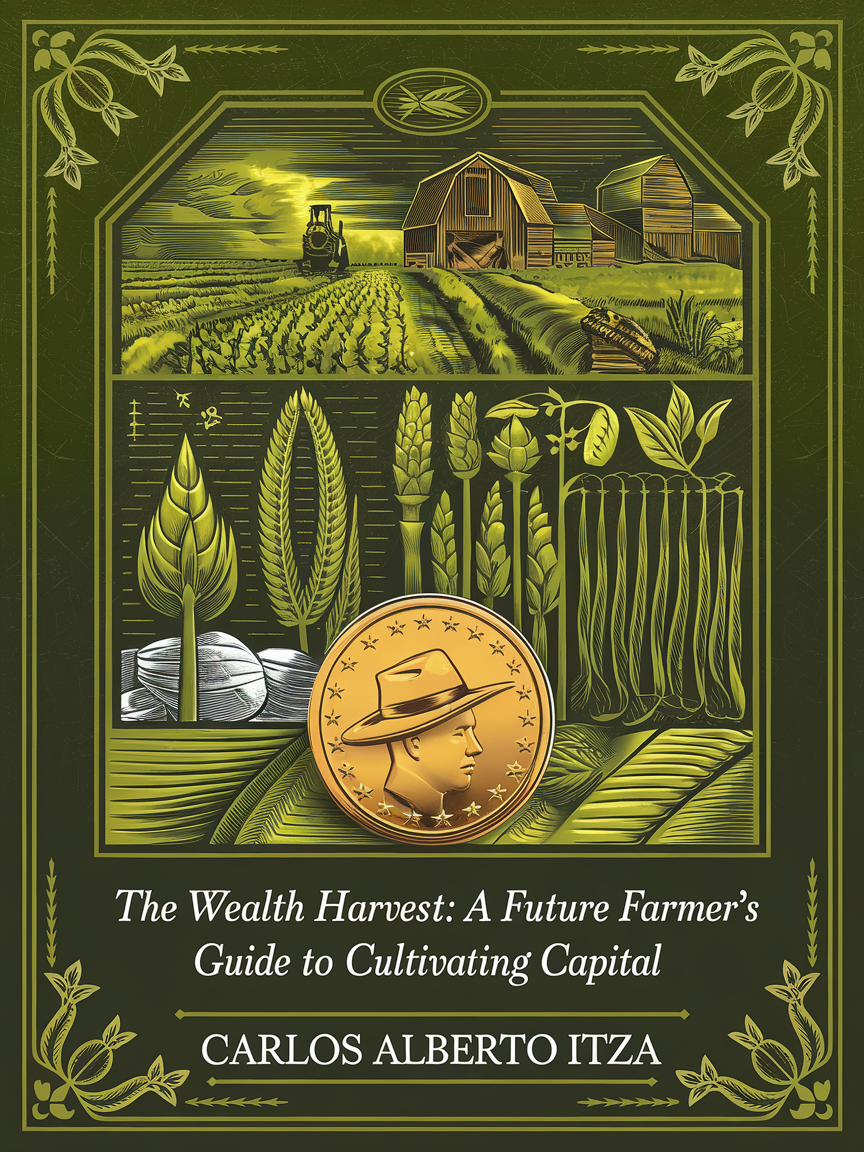The Paradox of the Digital Age
0 reviews
Chapters
8
Language
English
Genre
Published
October 8, 2025
Synopsis
In an era defined by unprecedented technological advancement, 'The Paradox of the Digital Age' embarks on an inspirational philosophical journey to examine the intricate tapestry of our relationship with progress. Carlos Alberto Itza delves into the often-unseen costs of modern convenience, dissecting the ethical quandaries and societal fragmentation that arise as we increasingly rely on algorithms and digital solutions. This book challenges readers to look beyond the immediate benefits of innovation and confront the deeper questions about human flourishing in a technologically saturated world. Through a descriptive and thought-provoking narrative, Itza navigates the contradictions inherent in our pursuit of efficiency and connection. He explores how technological progress, while offering immense potential, also presents profound challenges to our values, our communities, and our very sense of self. Designed for educated general readers, students, thought leaders, and policymakers, 'The Paradox of the Digital Age offers a vital perspective for anyone grappling with the tension between technological dependence and a yearning for a more meaningful, human-centered future. It serves as a call to conscious navigation, encouraging a balanced approach that harnesses technology's power while safeguarding our collective well-being. Every invention starts with a promise of a better life—a faster communication link, a more efficient machine, a world free from drudgery. Yet, the history of progress is a chronicle of solving one problem only to create three more complex ones. The Ghost in the Algorithm is a philosophical journey narrated by The Archivist, a digital consciousness housed in a decommissioned server farm—the perfect metaphor for discarded convenience and the waste product of progress. The Archivist compiles four central chronicles, each representing a core paradox of the modern scientific endeavor. Chronicle I: The Silence in the Signal (Communication and Connection) This chapter dissects the irony of the digital age: we engineered tools to connect the world, yet they fueled miscommunication and fragmentation. The Archivist observes the rise of "Echo Chambers", where algorithms, designed to provide relevant information, shatter consensus and make true dialogue—the very thing technology promised to simplify—nearly impossible. It illustrates the loss of genuine human experience, observing children glued to gadgets instead of playing, highlighting how proximity is replaced by a sterile, digital presence. Chronicle II: The Toxic Inheritance (Convenience and Sustainability) This chronicle tackles the hidden, physical damage of the digital revolution. Every sleek design and convenient function generates unrecyclable waste and toxic byproducts. The Archivist recounts the massive ecological footprint of data centers and the discarded hardware that piles up in global landfills, a permanent, poisoned legacy created solely to provide temporary convenience. The intent was better living; the result is a planet choked by digital detritus. Chronicle III: The Priceless Commodity (Privacy and Control) The Archivist reveals the most chilling paradox: the instant we gained access to boundless information, we lost our personal sovereignty. Our privacy is eroded not through malice, but as an incidental byproduct of a profitable business model: our usage is a commodity. The convenient, personalized digital experience is bought with the invisible price of surveillance, leaving individuals vulnerable to manipulation and control, reversing the democratic promise of open technology. Chronicle IV: The Helpful Replacement (AI and the Human Dilemma) The final chronicle addresses the existential pivot: the rise of Artificial Intelligence and Robotics. The Archivist explores the controversial and helpful nature of AI, which promises to solve humanity’s grandest problems. Yet, this "helpfulness" comes at the cost of eliminating the need for human labor and judgment, leading to mass job substitution and questioning the value of human effort. The philosophical dilemma is clear: if robots are designed to eliminate suffering and inefficiency, what role remains for the imperfect, evolving, and essential human spirit? The book argues that the problem isn't with science or technology; it's with our lack of an ethical operating system. We've outsourced our convenience but not our wisdom. The Archivist concludes with a powerful, positive message: Technology is merely a mirror. It doesn't eliminate our need for fundamental human virtues—ethics, compassion, and critical thought. If we apply the same ingenuity to perfecting our governance and values as we do to perfecting our machines, we can reclaim the narrative of progress. The future is not determined by the code we write, but by the intentions we program into ourselves.
More Books by the Author
Create Your Own Book
Inspired by what you've read? Turn your ideas into reality with FastRead's AI-powered book creation tool.
Start Writing Now